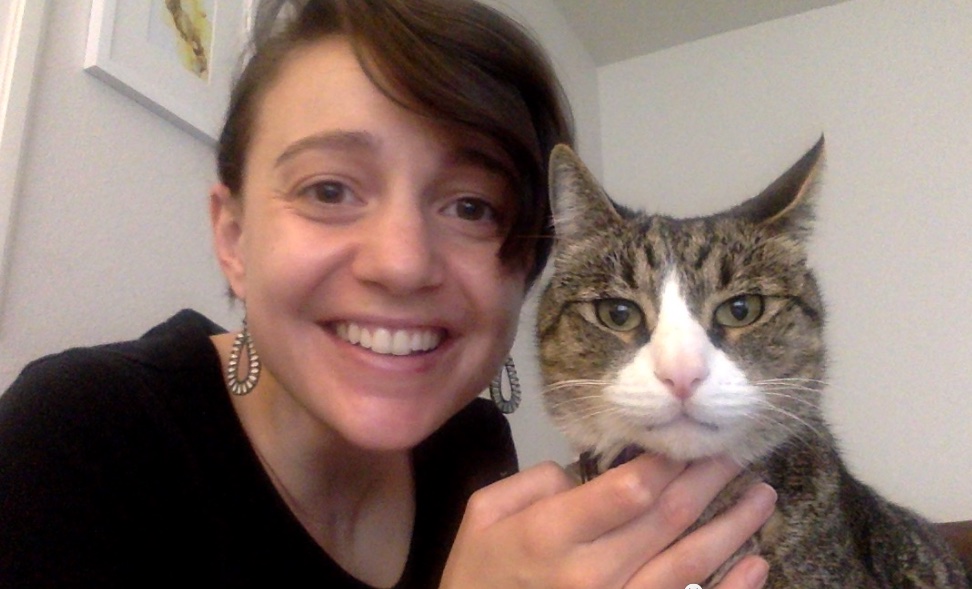Dear Community,
As a 30-year-old woman, I am not always certain what to make of “women’s space.”
I think first of the oppressive associations, particularly how some versions of feminism have weaponized the word “woman” to invalidate and harm transgender women and continue to do so. I have always understood BWQ to be a space with deep commitments to inclusion, including of trans women, and non-binary people who feel a connection to this space (and I wouldn’t be involved with it if it did not). Beginning with these non-negotiables, I wondered what the diverse members of the BWQ community, including those older than me, would have to offer about the meaning of women’s space.
It feels intuitive and necessary to me that belonging within women’s space is not contingent upon biological features. It also feels intuitive and necessary to me that women’s space includes people who don’t necessarily claim the label woman. All of our journeys related to that label are complex, and the point of women’s space, and especially queer and feminist women’s space, is that we are grappling with that category, which, though some of us claim it, has also been imposed on us. So sometimes I wonder, why call it women’s space? Would another term be more inclusive, or come closer to what we mean by women’s space?
While I often feel a sense of refuge and relief in spaces apart from cisgender men, I have not created women’s space in my life in the intentional, sustained ways that, it seems to me, are more common among those of older generations. For example, Robyn tells me about her memories of attending her mother’s consciousness-raising group, and how transgressive it was for women to gather as women to discuss their experiences of gender inequality. I realize I take for granted that women can speak together and speak out about gender inequality, though it seems we are still fighting many of the same battles.
Perhaps the first moment in my lifetime when I witnessed intense political energy gathering around the category woman was the Women’s March. But the conception of “women’s space” created by this event has not always made room for grappling with the deep inequalities that exist among women—including those based on cis/trans identity, sexuality, race, class, religion, immigration status, ability, age, etc.—which is more important than ever, given how many of us are now under attack.
In her 1981 essay “The Uses of Anger,” Audre Lorde writes poignantly about the messy process of building solidarity among women, given the divisions we have inherited. Lorde’s essay is a call to face the angers caused by exclusion within women’s space, and to learn from this emotion, rather than turning away from it. Focusing primarily on racism, she calls out white women for our frequent propensity to respond superficially to the anger caused by racism, rather than looking within ourselves and addressing harmful beliefs and behaviors.
But ultimately, Lorde insists upon the power of women’s space. She writes that “the strength of women lies in recognizing differences between us as creative, and in standing to those distortions which we inherited without blame, but which are now ours to alter. The angers of women can transform difference through insight into power. For anger between peers births change, not destruction, and the sense of loss it often causes is not fatal, but a sign of growth.”
I admit that Robyn and I have had reservations, even deep fears, about some of the painful issues that this issue could potentially bring to the surface. And though we don’t have answers to some of the complex questions raised by women’s space, our hope is that this issue spurs growth in the BWQ community.
We were heartened by the submissions we received on this theme, and offer this issue in the hopes that it will encourage all of us to listen more carefully to one another, to support one another, and, when necessary, to look deep within ourselves and make necessary changes, so that we can hone the strength we possess when we come together.
~Katelynn Bishop, Assistant Editor (she/her)

